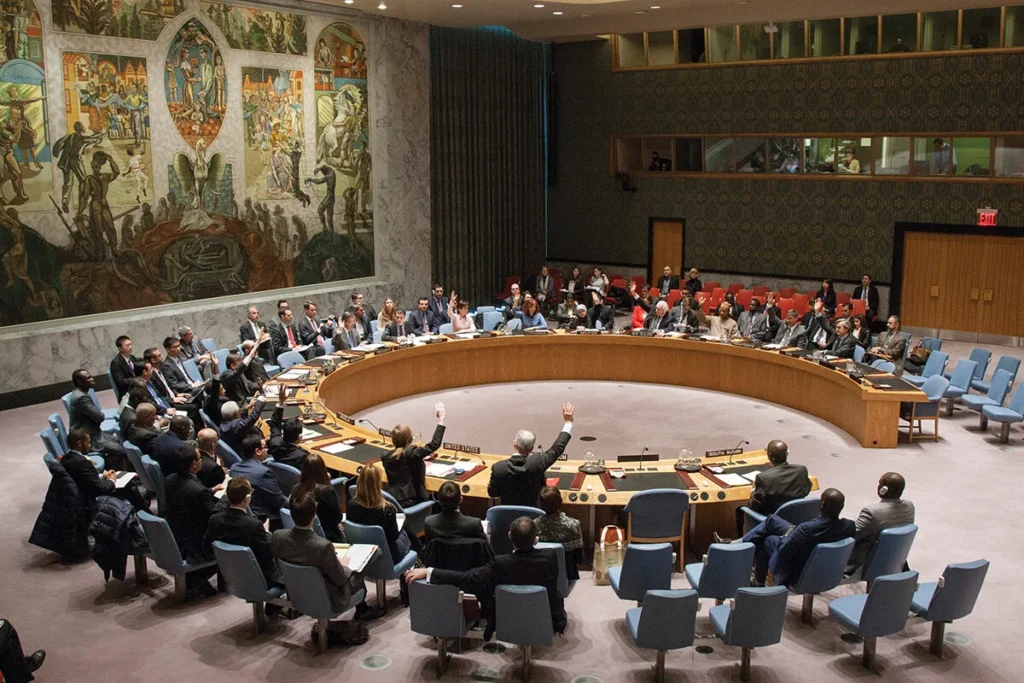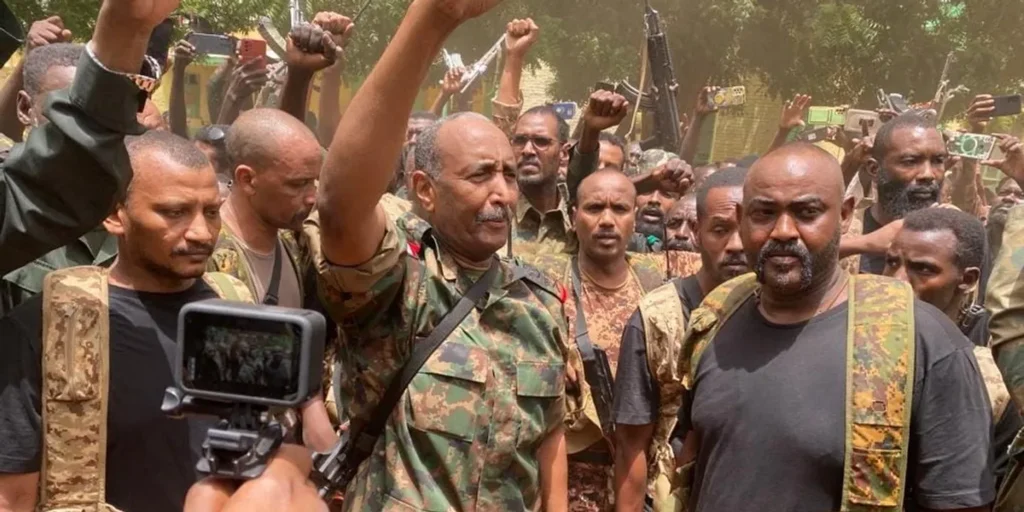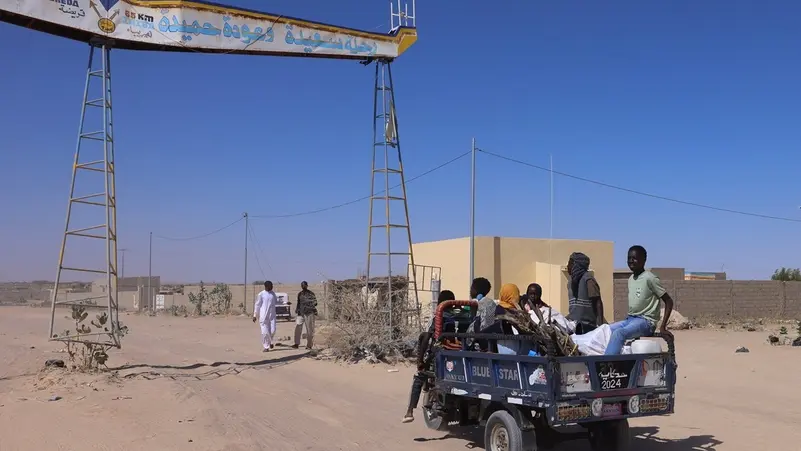
Illegally imported Starlink dishes are providing a vital link to the internet for residents of Tamboul, Sudan, amidst ongoing conflict.
Despite being officially unavailable in the country, these dishes, which connect to Elon Musk’s SpaceX satellite system, have been smuggled in through neighboring countries such as Libya, South Sudan, and Eritrea.
For many Sudanese, access to Starlink remains financially out of reach, with costs for equipment and subscriptions reaching hundreds of dollars. However, some individuals, like Mohamed Bellah, have invested in these systems as a means to generate income, seeing the opportunity as worthwhile despite the initial expense.
The conflict between Sudan’s army and RSF has displaced millions and severely disrupted traditional banking systems, leaving many reliant on alternative methods like the Bank of Khartoum’s app, Bankak. Starlink has become essential for communication and financial transactions, enabling individuals like Issam Ahmed to receive support from family members working abroad.
While Starlink operates in over 70 countries, its availability in Sudan is not officially recognized. The Sudanese government banned Starlink devices in December, but factions like the Rapid Support Forces (RSF) have capitalized on the demand, charging for access to their own dishes in some areas.
Despite limited access to Starlink, regions like Darfur, heavily affected by the conflict, have seen its usage proliferate, providing a lifeline for residents like Mohammed Beshara in South Darfur’s Otash camp. However, the cost of using Starlink remains high, with additional fees imposed by currency dealers for financial transactions.
For individuals such as Arij Ahmed, the reliance on Starlink represents a necessary sacrifice, with weekly journeys to access funds sent by her husband in Qatar, highlighting the critical role these smuggled dishes play in the lives of many Sudanese amidst ongoing turmoil.




